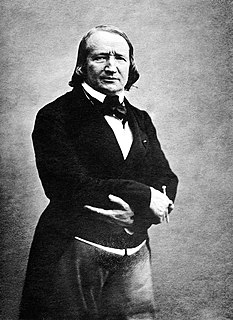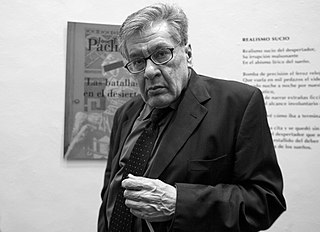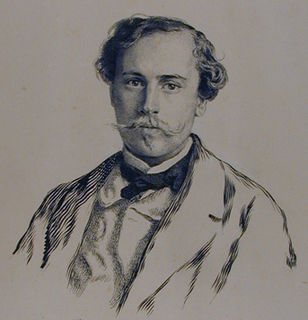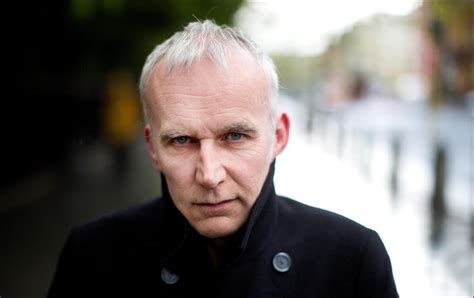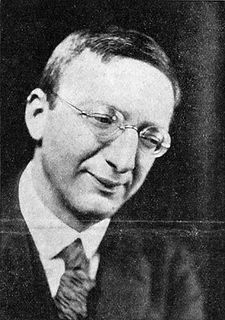A Quote by Alfred de Vigny
History is a novel for which the people is the author.
Related Quotes
When I read a novel that I really like, I feel as if I am in direct, personal communication with the author. I feel as if the author and I are on the same wavelength mentally, that we have a lot in common with each other, and that we could have an interesting conversation, or even a friendship, if the circumstances permitted it. When the novel comes to an end, I feel a certain letdown, a loss of contact. It is natural to want to recapture that feeling by reading other works by the same author, or by corresponding with him/her directly.
With a novel, which takes perhaps years to write, the author is not the same man he was at the end of the book as he was at the beginning. It is not only that his characters have developed-he has developed with them, and this nearly always gives a sense of roughness to the work: a novel can seldom have the sense of perfection which you find in Chekhov's story, The Lady with the Dog.
But to be perfectly frank, this childish idea that the author of a novel has some special insight into the characters in the novel ... it's ridiculous. That novel was composed of scratches on a page, dear. The characters inhabiting it have no life outside of those scratches. What happened to them? They all ceased to exist the moment the novel ended.
The characters in my novels are my own unrealized possibilities. That is why I am equally fond of them all and equally horrified by them. Each one has crossed a border that I myself have circumvented. It is that crossed border (the border beyond which my own "I" ends) which attracts me most. For beyond that border begins the secret the novel asks about. This novel is not the author's confession; it is an investigation of human life in the trap the world has become.
The field of the novel is very rich. If you're a composer, you're well aware of the history of composition, and you are trying to make your music part of that history. You're not ahistorical. In the same way, I think, if you write now, you are writing in the historical context of what the novel has been and what possibilities it has revealed.
The seriousness or otherwise of the subject matter is often irrelevent to the question of whether a book is any good. F Scott Fitzgerald wrote a great and beautiful novel which mainly involved shallow people going to parties in a rich guy's house. By contrast, all sorts of terrible books are published every month about men slaughtering people for no reason - a serious matter which, in itself, does not make the author worthy of serious consideration.
One thing should be put firmly. Where people have commented on that novel [The Paper Men], they generally criticize the poor academic, Rick L. Tucker, who is savaged by the author, Wilfred Barclay. I don't think people have noticed that I have been far ruder about Barclay than I have been about Tucker. Tucker is a fool, but Barclay is a swine. The author really gets his come-uppance.
